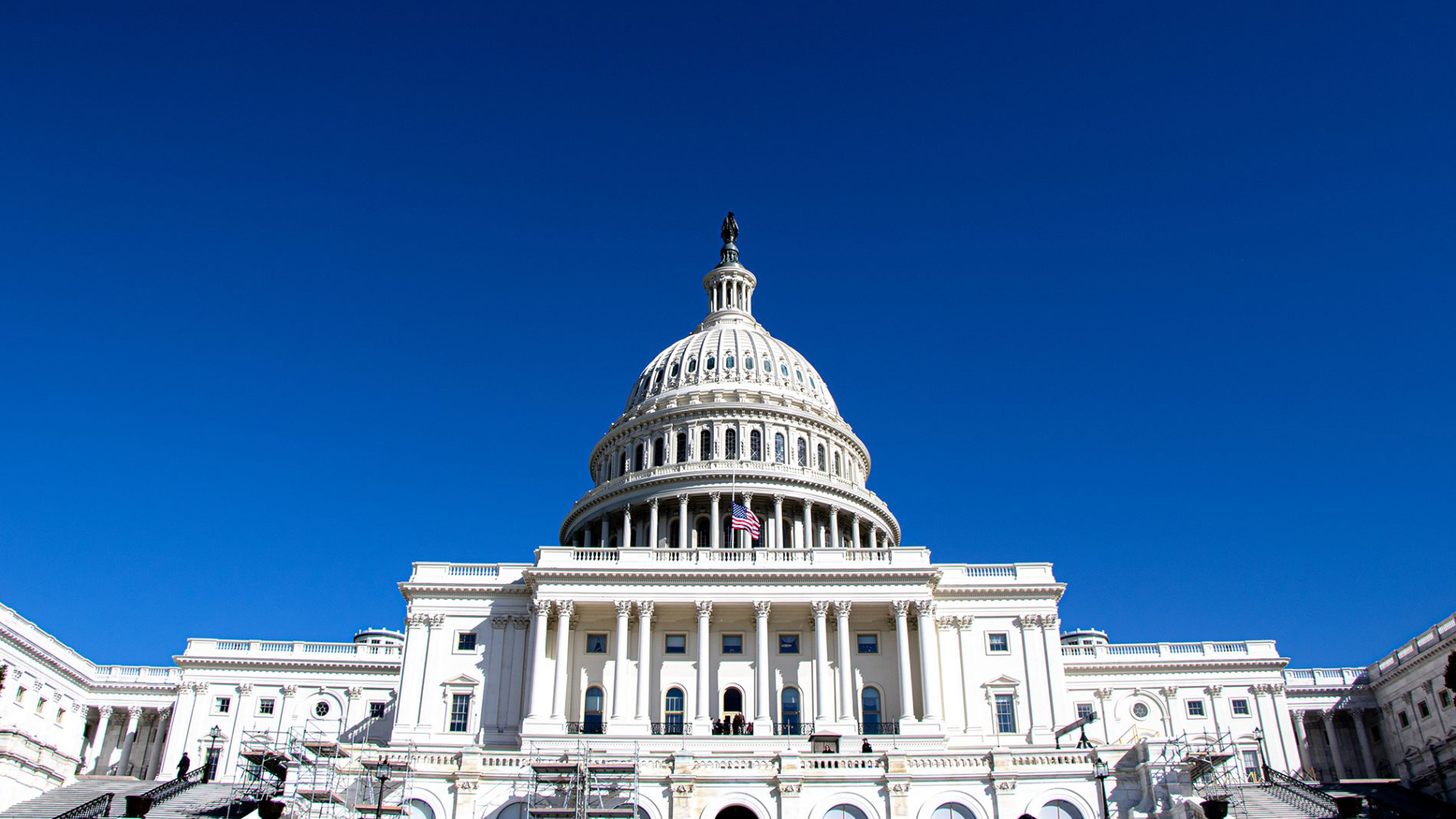Views expressed in opinion columns are the author’s own.
As of last week, President Joe Biden reached a tenuous deal with Republicans on one of the two infrastructure bills floating around. But by Saturday, it seemed this deal was going to fall apart after Biden suggested he would not sign the bipartisan bill if the human infrastructure bill did not pass as well. This highlights concerns. If the Democratic Party can’t agree on their own proposal, how will they convince Republicans to join in bipartisan support?
This panicked flip-flop on support for a bill that’s widely popular among the American public indicates the difficulty the Biden administration and the Democratic Party will face with other important issues in the coming years. The infrastructure bill’s difficulties boil down to one issue: How is Democratic leadership going to deal with a broadening ideological base?
We’ve got the surge in progressive representation with the likes of Democratic representatives such as Alexandria Ocasio-Cortez of New York and Katie Porter of California, who represent two very blue districts. In fact, 90 out of 218 Democratic members in the U.S. House of Representatives are members of the Congressional Progressive Caucus. But there are also a number of centrist senators from purple or even deeply red states, such as Democratic Sens. Joe Manchin of West Virginia and Kyrsten Sinema of Arizona.
It’s not news that current party leadership is going to have to walk a tricky line to keep both moderates and progressives happy. The infrastructure bill is just one example of legislation that will collapse if either side of the Democratic Party — moderates or progressives — decides to stick their feet in the ground. Should the progressives, who make up about a third of Democratic representation in the House, step aside for the minority of the party? Or should the centrists, since they don’t have as much popular support?
This debate is asking the wrong questions. It’s not a matter of who should back down, but who can afford to. Unlike progressives in solidly Democratic seats, centrists from red and purple districts or states don’t really have an option — if they back down, they’re likely to lose their seats, which would be especially disastrous in the Senate, where Democrats hold the majority by just one vote.
When it comes to necessary legislation such as the infrastructure bill, if either group has to budge on the issue, it should only be the progressives since they’re the only ones who have that option. Otherwise, Democrats could very well lose their slim majority. Progressives need to choose: Do they actually want to pass legislation or jockey for the political spotlight?
Don’t get me wrong, it’s great there are finally many progressives able to push for legislation that would add more funding for social programs, or in this case, the human infrastructure bill, but they need to keep the big picture in mind. Progressives have the support from their constituents to go all the way, and I applaud that — but they need to remember that many moderates don’t have that type of flexibility. Infrastructure is too important and necessary right now to not get any bill passed. Just think of the recent condo collapse in Florida and what future tragedies investment in our infrastructure will prevent.
Even if Democrats can’t pass the human infrastructure bill through budget reconciliation like they’re currently planning — and it only takes one moderate to flake for it to fail — progressives still need to support the bipartisan infrastructure bill. When it comes to infrastructure, there’s no such thing as too little investment. Anything is better than nothing, and as long as Democrats can maintain a majority, no matter how slim, there will be an opportunity to make more reforms after midterms. But if Democrats lose any seats in the Senate, there will be no hope for further progressive reform.
It’s a careful equilibrium — how much progressives can push for without dooming their efforts — but it’s one the party is going to need to perfect if they want to tackle other pressing issues such as voting protections and climate change. It’s time progressives pay attention to the bigger picture and work with their moderate counterparts to take steps in their desired direction.
Jessica Ye is a sophomore government and politics and economics major. She can be reached at jye1@terpmail.umd.edu.



